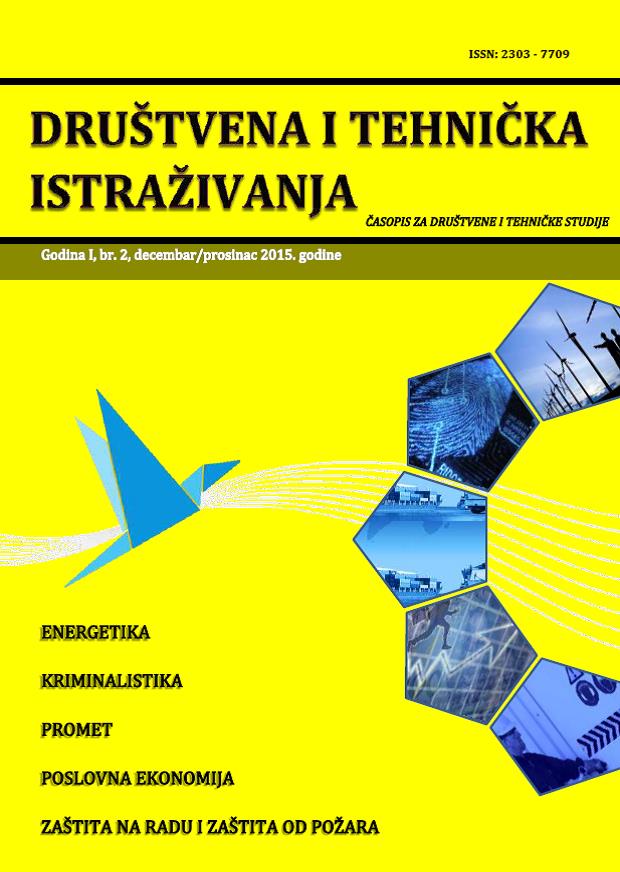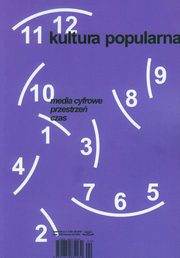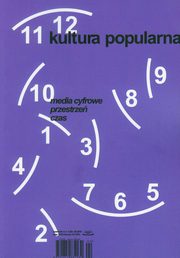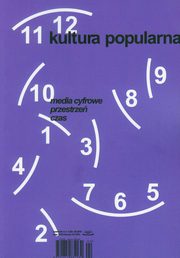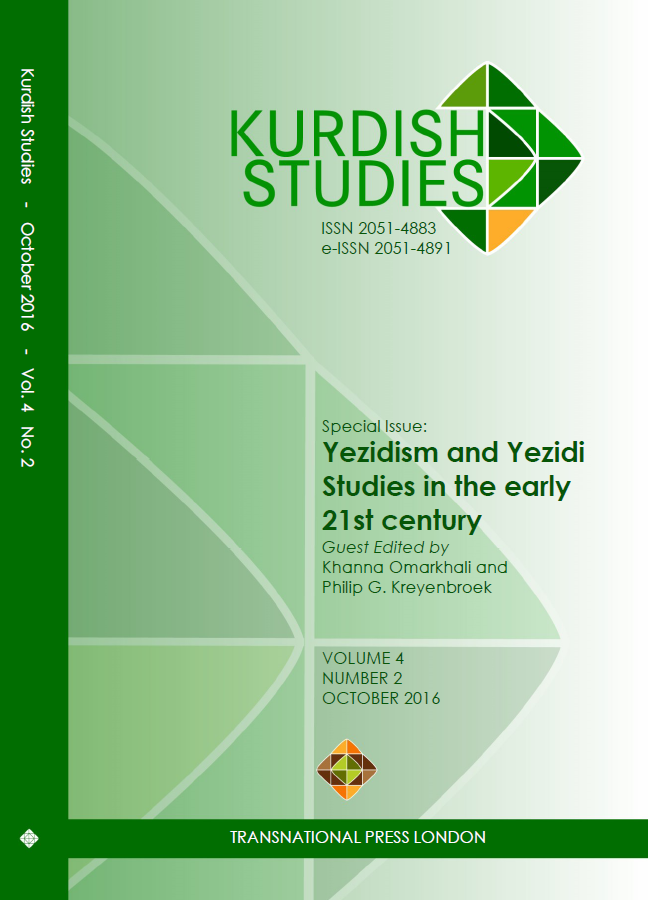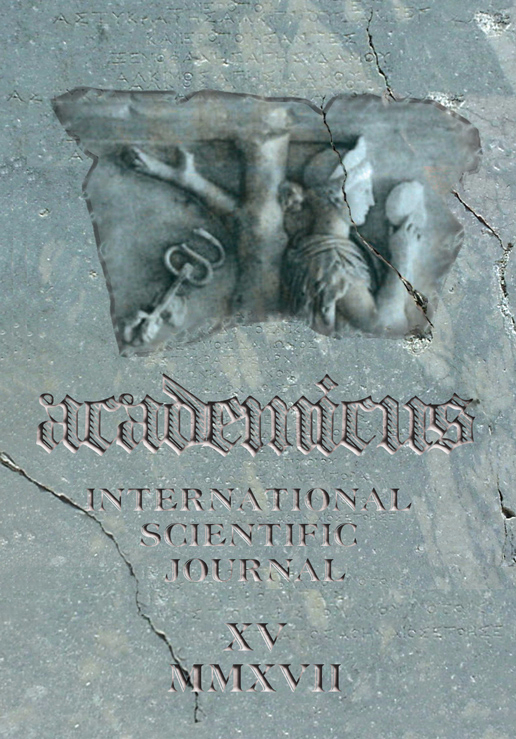
Audience Perception of Hate Speech and Foul Language in the Social Media in Nigeria: Implications for Morality and Law
This paper examined the phenomenon of hate speech and foul language on social media platforms in Nigeria, and assessed their moral and legal consequences in the society and to journalism practice. It used both quantitative and qualitative methodology to investigate the phenomenon. In the first place, the paper employed the survey research methodology to sample 384 respondents using questionnaire and focus group discussion as instruments for data collection. Findings from the research indicate that promoting hate speech and foul language on social media have moral and legal consequences in the society and to journalism practice. Findings also show that although, the respondents understand that hate speech and foul language attract legal consequences, they do not know what obligations are created by law against perpetrators of hate speech and foul language in Nigeria. The paper therefore, adopted the qualitative, doctrinal and analytical methodology to discuss the legal consequences and obligations created against perpetrators of hate speech and foul language in Nigeria. The paper concluded based on the findings that hate speech and foul language is prevalent on social media platforms in Nigeria and that there are adequate legal provisions to curb the phenomenon in Nigeria. It recommends among others things that the Nigerian government and NGOs should sponsor monitoring projects like the UMATI in Kenya to better understand the use of hate speech and that monitoring agencies set up under the legal regime should adopt mechanisms to identify and remove hate speech content on social media platforms in Nigeria.
More...
